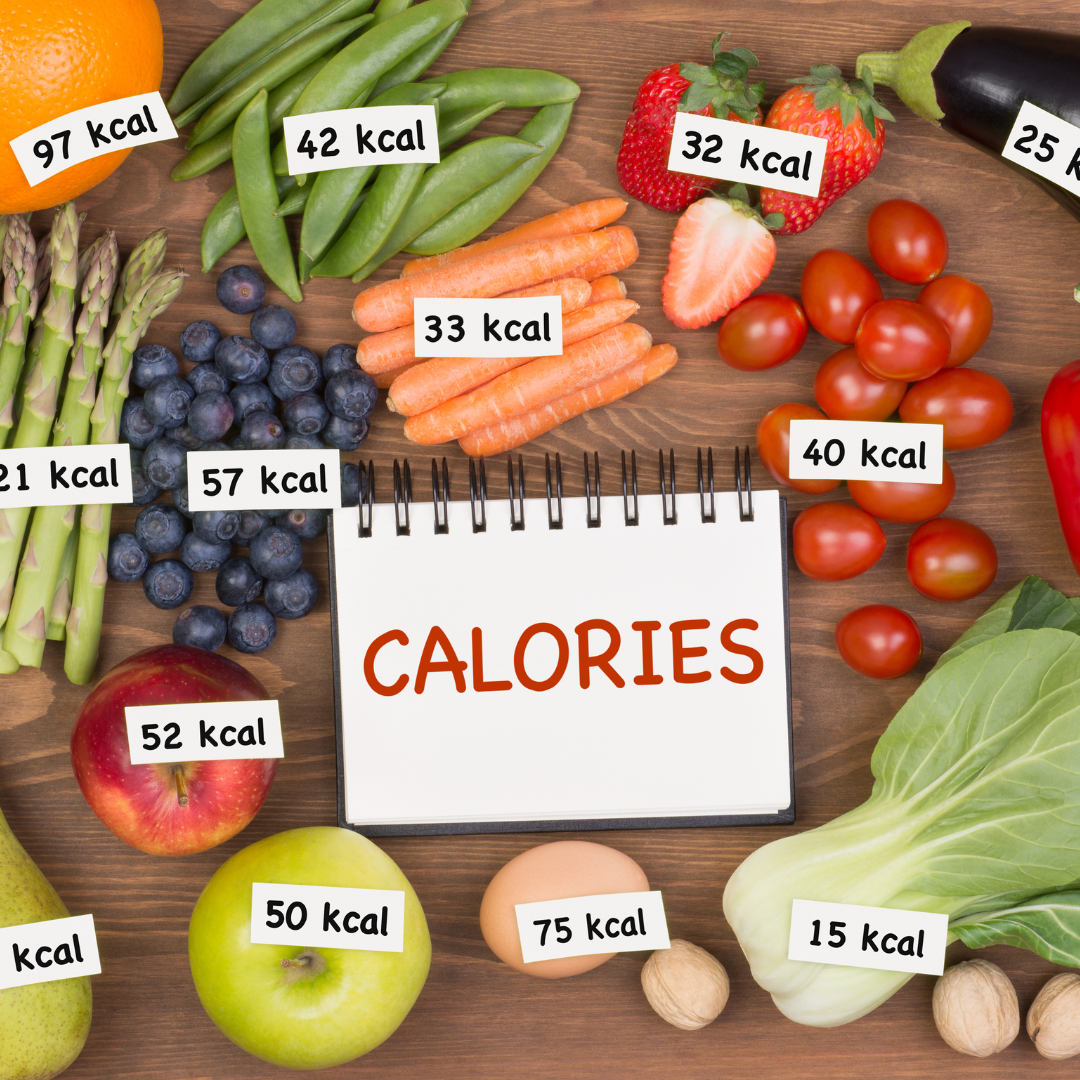Macros: What They Are and Why They Matter

Regarding health and fitness, there's a lot of buzz around counting macros. But what exactly are macros, and why are they so important?
Macros, short for macronutrients, are the three primary nutrients that provide energy: carbohydrates, proteins, and fats. Balancing these macros is a powerful tool for optimizing your diet, achieving fitness goals, and overall well-being.
In this blog, we'll explain what macros are, why they matter, and how you can harness their potential for a healthier and fitter you.
Macros Unveiled: The building blocks of nutrition
- Carbohydrates: Carbs are the body's primary source of energy. They come in two forms: simple carbs (sugars) in fruits and processed foods and complex carbs (starches and fiber) in whole grains, vegetables, and legumes. Carbs provide the quick energy needed for workouts and daily activities.
- Proteins: Proteins are essential for building and repairing tissues, including muscles, enzymes, and hormones. They are made up of amino acids, the building blocks of life. Protein-rich foods include meat, fish, poultry, eggs, dairy, legumes, nuts, and seeds.
- Fats: Fats are a concentrated energy source crucial in hormone regulation, cell structure, and nutrient absorption. Healthy fat sources include avocados, nuts, seeds, olive oil, and fatty fish like salmon.

Protein is necessary to live because it contains amino acids needed to develop and maintain muscles & bones.
Why Macros Matter in Health and Fitness
- Tailored Nutrition: Counting macros allows you to customize your diet to suit your needs and goals. Whether you aim for weight loss, muscle gain, or enhanced athletic performance, adjusting your macros can help you achieve the desired results.
- Energy Balance: Balancing macros helps maintain an optimal energy balance. Consuming more calories than your body needs can lead to weight gain, while a calorie deficit promotes weight loss. The right macros help you manage your calorie intake effectively.
- Muscle Building and Repair: Protein is critical for muscle repair and growth. Athletes and fitness enthusiasts often focus on sufficient protein intake to support their exercise routines and enhance recovery.
- Sustained Energy: By consuming a balanced combination of macros, you provide your body with a steady energy supply throughout the day. Carbs fuel quick bursts of energy, while fats offer a more sustained fuel source.
- Hormone Regulation: Healthy fats are vital in hormone production and balance. Ensuring you consume enough fats in your diet helps maintain optimal hormonal function.
How to Optimize Your Macros for Health and Fitness
- Determine Your Goals: Identify your fitness goals, whether weight loss, muscle gain, or improved athletic performance. Different goals may require adjustments to your macro ratios.
- Calculate Your Macros: Use online calculators or seek guidance from a nutritionist to calculate your ideal macro breakdown based on your goals, age, weight, activity level, and body composition.
- Track Your Intake: Keep a food diary or use mobile apps to track your daily food intake. This helps you stay accountable and ensures you're meeting your macro targets.
- Choose Quality Foods: Focus on whole, nutrient-dense foods that balance macros well. Aim for colorful fruits, vegetables, lean proteins, and healthy fats.
- Be Flexible: While tracking macros can be beneficial, remember to maintain a healthy and balanced relationship with food. Allow yourself occasional treats and practice mindful eating.
Understanding macros is a powerful tool for optimizing your health and fitness journey. By tailoring your nutrition to meet your goals and consuming a balanced mix of carbohydrates, proteins, and fats, you can fuel your body for success.
